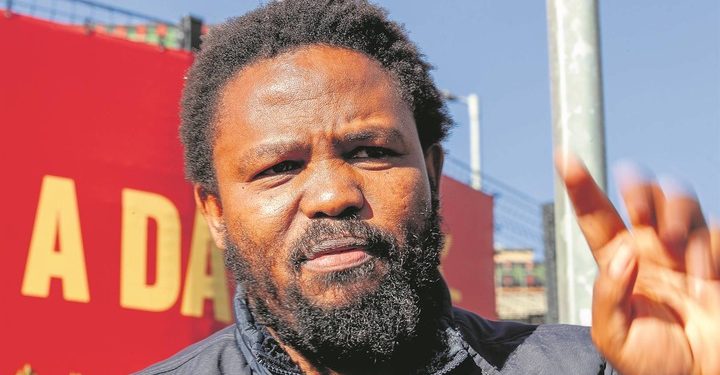Andile Mngxitama, a Member of Parliament from the MK Party, has sparked debate with his recent comments addressing the widely accepted narrative surrounding former President Jacob Zuma and the Gupta family. Mngxitama asserted that one of Stellenbosch’s significant achievements over the past decade has been convincing influential South Africans that Zuma and the Guptas were solely responsible for state capture. He dismissed these allegations as baseless and criticised those who continue to believe them.
Mngxitama’s remarks have ignited polarized reactions online. Supporters see his comments as a bold challenge to dominant narratives, which they believe are part of a broader campaign to undermine Zuma’s legacy. Critics, however, argue that his claims disregard substantial evidence presented during commissions and investigations into state capture. This split mirrors deeper divisions within South African politics, where differing narratives about corruption and accountability often align with political affiliations and personal beliefs.
You are a victim of stratcom I feel sorry for you. There is no help for you keep on believing this nonsense. You have very high IQ
— ANDILE MNGXITAMA (MP) (@Mngxitama2) December 28, 2024
The remarks also raise broader questions about the role of propaganda in shaping public perception. Mngxitama alleges a deliberate effort to distort the public’s understanding of Zuma’s leadership, framing him as a scapegoat for systemic issues. This perspective directly challenges the findings of judicial processes, including the Zondo Commission, which documented extensive evidence of corruption involving Zuma and the Gupta family.
From a broader perspective, Mngxitama’s statements highlight the complexities of South African politics. Leaders and parties are often tasked with addressing historical grievances, ideological divides, and public scepticism. By questioning widely reported events, Mngxitama underscores the influence of power dynamics and media narratives in shaping public discourse.
Nevertheless, such assertions must be approached with caution. While political critique is vital, unverified claims risk perpetuating misinformation and deepening societal divisions. Citizens must engage critically with such statements, fostering informed debate and holding leaders accountable to ensure a balanced and truthful discourse.






















